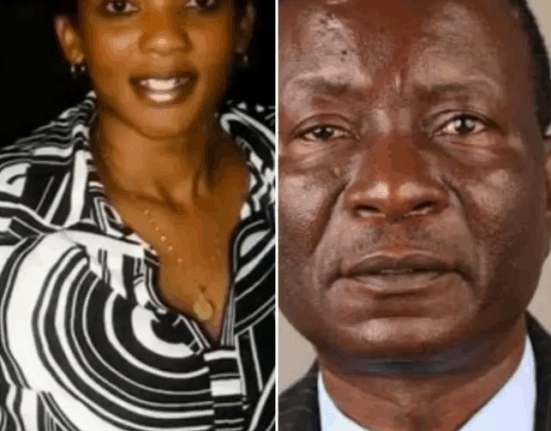Two journalists from NTV have come forward saying they are now living in fear after releasing a shocking exposé about a fake church operating in Nairobi.
The report, titled Sacred Swindlers, exposed Yahweh Media Services as a scam that tricked innocent Kenyans using false miracles and illegal gambling disguised as church activities.
The documentary aired on May 25 and showed how the so-called church misled worshippers into giving away large amounts of money while pretending to offer blessings and spiritual help.
The two journalists behind the story, Ibrahim Karanja and Frederick Muitiriri, said things took a frightening turn just one day after the exposé aired.
On May 26, they began receiving strange phone calls. According to the two, every time they answered, there was only silence on the other end. These repeated silent calls have made them believe that they are being followed or watched by unknown people.
The fear is growing, especially because this is not the first time journalists have faced threats after revealing corruption or crimes in Kenya.
Due to these concerns, Nation Media Group, the parent company of NTV, wrote to Nairobi Regional Commander George Seda asking the police to urgently look into the threats.
The media house asked the police to act quickly to ensure the journalists’ safety and to find out who is trying to intimidate them. Many Kenyans now fear that exposing the truth is becoming too dangerous in a country that claims to support press freedom.
The Communications Authority of Kenya has already taken action by shutting down Yahweh Media Services. The authority said the station broke licensing rules and aired gambling content that is not allowed.
Yahweh Media Services was also listed among 33 broadcasters that were found guilty of airing illegal content. This confirms that the exposé was not only accurate but very important for the public to see.
The report has received praise from many Kenyans who now see how religion is being misused to take advantage of the poor and desperate. However, the fear that the two journalists now live with shows the dark side of exposing such stories.
While their courage is being celebrated, their safety remains a serious concern. Some worry that these threats could discourage other journalists from doing similar investigations in the future.
This situation is similar to what happened in July last year when Citizen TV reporters received threats after covering protests against the Finance Bill.
At that time, some journalists even had their names shared on fliers that circulated on social media, putting their lives at risk.
These repeated incidents show a growing danger facing journalists in Kenya.The question now is whether the police and government will take real steps to protect journalists who expose wrongdoing.
For now, Karanja and Muitiriri can only wait, hoping that the silence at the end of each phone call doesn’t turn into something much worse.









Leave feedback about this